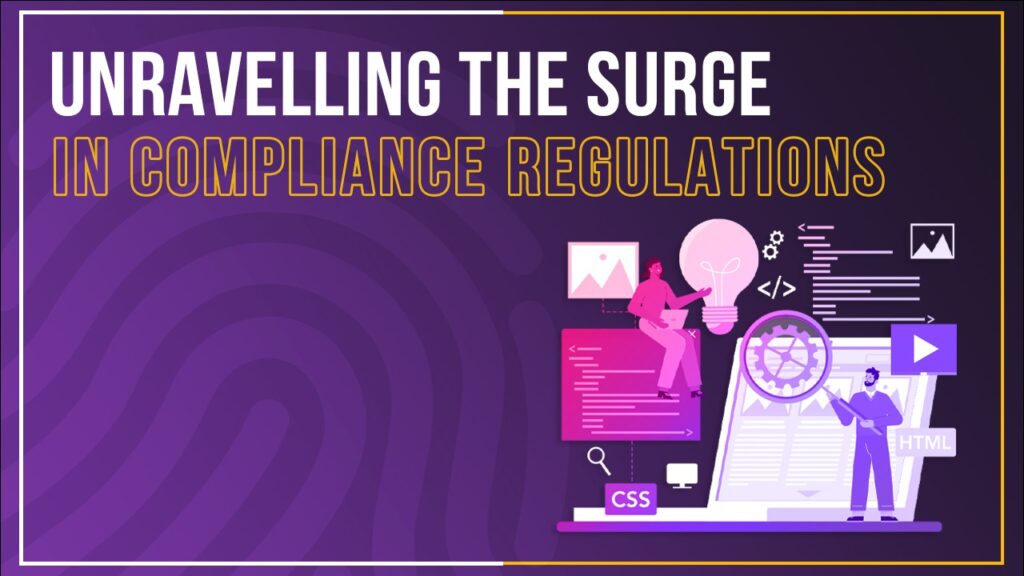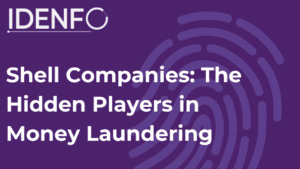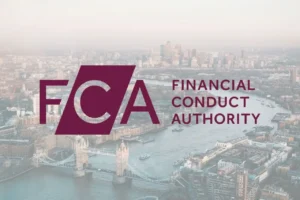Within the dynamic realm of international commerce, compliance laws have become a potent influence on how businesses behave throughout all sectors of the economy. Nonetheless, over the last ten years, there has been a notable increase in the strictness of these standards, posing a multitude of difficulties and complications for enterprises.
What are the fundamental causes of this increase in regulatory supervision, and why has the bar for compliance been raised recently? There is a complex network of factors influencing the adherence environment.
Factors Leading to Compliance Complexity
1. Globalisation and Interconnectedness:
A period of unparalleled interconnection has begun with the emergence of globalisation, as companies are now able to conduct international trade and dealings across national borders. Globalisation has increased market opportunities and spurred economic progress, but it has also exposed companies to a myriad of complex regulatory issues. Regulators have responded by enforcing strict restrictions to lessen the danger of financial crime, money laundering, and terrorist financing on a worldwide scale. They are aware of the inherent hazards connected with international activity.
2. Evolving Threat Landscape:
Rethinking regulatory strategies is necessary due to the rise in complex financial crimes and illegal activities. The risk scenario that firms face today is complex and ever-changing, ranging from fraudulent trading and Ponzi-like fraud to identity theft and cyber crime. Cognisant of how financial crime is changing, supervisory organisations have stepped up their efforts to stop illegal activity by passing stricter laws and implementing stricter enforcement procedures. Regulators work to strengthen the stability of the financial system and protect the interests of stakeholders by keeping up with new hazards and weaknesses.
3. Regulatory Failures and Scandals:
The requirement for more stringent regulatory monitoring has been highlighted by the ripple effects of prominent regulatory breaches and malfunctions. Public confidence in financial institutions has been damaged by instances of corporate wrongdoing, regulatory violations, and unethical behaviour. These events have also highlighted the need for more stringent regulatory measures. Careful to rebuild trust in the soundness of the financial system, regulators have taken decisive action, tightening rules, carrying out thorough audits, and making misbehaving companies answerable for their deeds.
4. Technological Advancements and Digital Disruption:
A fresh phase of technological change has arrived due to the speed at which technology is developing, changing both customer interactions and company activities. Technology has brought forth new hazards and weaknesses in addition to opening up new doors for efficiency and creativity. In the digital age, cybersecurity risks, compromises of data, and online fraud have become major issues for enterprises. In order to secure consumer data and improve the resilience of digital infrastructure, regulatory authorities have implemented strict data protection legislation, information security guidelines, and governing structures. This is because they recognise the necessity to handle these growing dangers.
5. Geopolitical Dynamics and Sanctions:
The global political scene is rife with rivalries, tensions, and wars that have a significant impact on companies doing business in impacted areas. Commercial penalties, tariffs, and export bans are common ways that governments impose international conflicts in order to impose political constraints or address issues related to national security. To avoid breaking international laws and guidelines, firms operating in areas under sanctions must manage a complicated web of legal and adherence duties. Adherence to export restrictions and sanctions is not only legally required but also strategically critical for companies looking to protect their brand and maintain access to markets.
6. Regulatory Enforcement and Fines:
Regulatory enforcement actions and hefty fines have become potent deterrents for businesses failing to comply with regulations. Regulators, emboldened by their expanded enforcement powers and mandate, have adopted a zero-tolerance approach to compliance violations. Businesses found to be in breach of regulatory requirements face severe penalties, reputational damage, and legal repercussions, underscoring the importance of robust compliance programs and due diligence practices. The fear of regulatory scrutiny and the prospect of facing punitive measures have compelled businesses to invest in compliance infrastructure, talent, and technology to mitigate risks and uphold regulatory standards.
Navigating the Compliance Maze with Idenfo Direct:
To efficiently traverse the regulatory maze in the face of a growing number of compliance laws, businesses must turn to a proactive strategy. Idenfo Direct provides an extensive range of legal compliance products that are specifically designed to cater to the changing requirements of businesses in various industries. We recognise the difficulties that companies encounter in attaining regulatory perfection. Our comprehensive regulation solutions enable firms to improve due diligence procedures, expedite regulatory procedures, and reduce the risk of financial misconduct. These services range from tools for regulatory reporting, record keeping, name screening and adverse media checks to identity validation and anti-money laundering (AML) screening. Idenfo Direct is your reliable partner in negotiating the legal maze and attaining consistent conformity results in an ever-more complex regulatory landscape because of its innovative technology, industry knowledge, and dedication to perfection.









